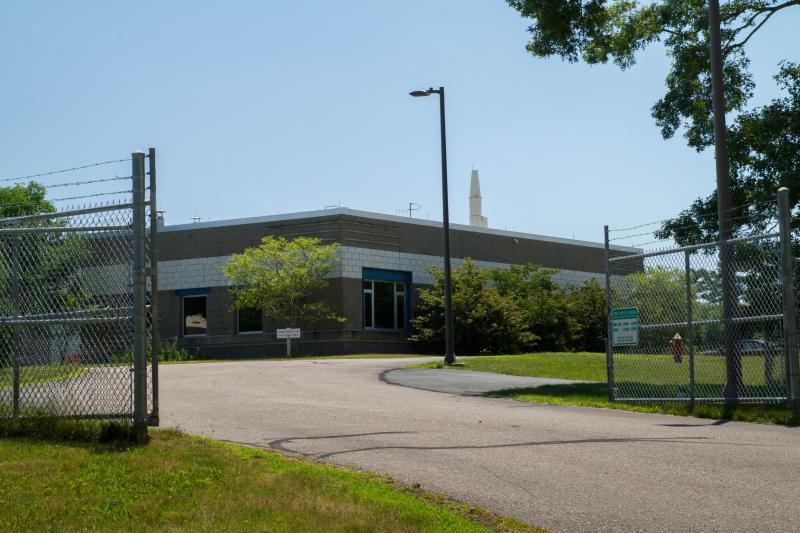Marion Selectmen outline wastewater treatment plant upgrade
MARION — Selectmen on Thursday detailed the work that will be done as part of the wastewater treatment plant upgrade approved at May’s Town Meeting.
At the Sept. 20 meeting designed to update residents on ongoing town issues, Chairman Norman Hills explained that the work was needed to comply with the federal Environmental Protection Agency’s conditions for granting the plant a new operating permit.
As Hills explained:
The current plant has three connected lagoons. Lagoon one, which contains most of the sludge, needs to be lined to prevent leakage that has been found to be contaminating Buzzards Bay. The town faces a Nov. 30, 2019 deadline on that work.
The estimated cost for the work on lagoon one is $4 million. The price tag for the lagoon is separate from the $2.5 million approved for wastewater treatment plant upgrades.
The bill will be footed by Marion residents who are tied into the town’s sewer system, not those on private septic systems.
The other lagoons will remain unlined and used to contain treated effluent.
The plant upgrade includes installation of new valves and pumps so that the plant can treat the lagoons individually. The new process, said Hills, will be able to handle about twice the current capacity of fluid.
The town has also been working on reducing what is known as “inflow and infiltration,” non-waste water such as water from storm drains that enters the sewer system.
Marion has been under pressure for years to address sewage issues -- from the EPA and from the Buzzards Bay Coalition, which filed suit against the town in January for violations of the Clean Water Act.
It was also noted that town officials are continuing discussion of regionalizing sewage treatment with Wareham. Under such a plan, currently the subject of a two-year study, sewage from Marion would be treated at an expanded Wareham sewage treatment facility.
In other water issues raised at Thursday’s meeting, Hills said there are concerns about fire safety with the flow of current fire hydrants in town. There has been no verification that the flow is sufficient for firefighting operations.
Water supply deficiencies, said Hills, directly impact insurance rates.











